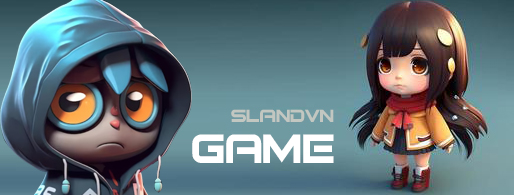South Africa
South Africa is a country located on the southern tip of the African continent. It borders Namibia, Botswana, Zimbabwe, Mozambique, Swaziland, and surrounds the entire country of Lesotho. South Africa is a member of the British Commonwealth.
| Capital: Cape Town (legislative) Pretoria (executive) Bloemfontein (judicial) Geography Area of 1,221,037 km² (class 24) People: 49.991.300 |
South Africa is officially named South Africa (Afrikaans: Republiek van Suid-Afrika, Zulu: iRiphabliki yaseNingizimu Afrika, Xhosa: iRiphabliki yaseMzantsi Afrika, Tsonga: Riphabliki yaAfrika Dzonga, North Sotho and South Sotho: Rephaboliki ya Afrika Borwa, Tswana : Rephaboliki ya Aforika Borwa, Nam Ndebele: IRiphabliki yeSewula Afrika, Swati: IRiphabhulikhi yeNingizimu Afrika, Venda: Riphabuliki ya Afurika Tshipembe),
South Africa has a very different history from other countries in Africa, the result of early immigration from Europe and the strategic importance of the Cape Sea Road. European immigrants began arriving shortly after the Dutch East India Company established a garrison (later to become) Cape Town in 1652. The closure of the Suez Canal during the Six-Day War has shown its importance. The country has a fairly developed infrastructure that provides rich and valuable mineral resources to access the Western market, especially during the nineteenth century, when the competition was fierce between Cold War opponents. South Africa is a multi-ethnic country, with white communities, India, and the largest hybrid in Africa. Black Africans, say nine officially recognized languages and many other dialects, account for nearly 80% of the population.
The conflict between the white minority and the majority of black plays an important role in the country’s history and politics, culminating in the Apartheid regime, which was recorded as a constitution by the South African National Party in 1948 (though distinctions existed before that. The Apartheid regime began to be canceled or abolished by the National Party in 1990 after a long and sometimes violent conflict (including economic sanctions from the international community) of the multi- Black numbers are like many white, colored people and Indians in South Africa.
Two philosophical theories originated in South Africa: ubuntu (belief in a connection between all humanity); and Gandhi’s “non-violent protest” (satyagraha) view, was developed when he lived in South Africa.
Regular elections have been held for almost a century, however, most black South Africans still have no right to vote until 1994. South Africa’s economy is the largest economy and distributed. most developed continent, with modern and extensive infrastructure throughout the country.
South Africa was the host country and won the 1996 African Nations Cup. South Africa is also often called the “Rainbow Country”, a term coined by Archbishop Desmond Tutu and has been The then South African President Nelson Mandela accepted. President Mandela used the term “Rainbow Country” as a metaphor to describe the newly developed cultural diversity after the abolition of aparthied racism. The country’s progressive social policies are quite rare in Africa. By 2007, the country had made history when it became the world’s fifth country and first legalized gay marriage in Africa. South Africa has joined after Belgium, the Netherlands, Spain, Canada and before Norway, Sweden, Portugal and Iceland to become a national group that allows same-sex marriage.
Featured articles
Banner Mid-Autumn free download
Major e-commerce channels in Vietnam
The development of information technology in human life today
TOTA QM50 PE film wrapping machine
Decoding the mystery of the race of the ancient Egyptians
Công ty TNHH công nghệ quốc tế Hoàn Á
Che Guevara symbol of world youth
INTERFACE WordPress SEO news website, beautiful
History of industrial revolutions
Sustainable biotechnology development with biodiversity system.
NEW
What is HTML5? Superior web design and development with HTML5
Producing and creating entertainment games
Introduction Canonical shipper game








